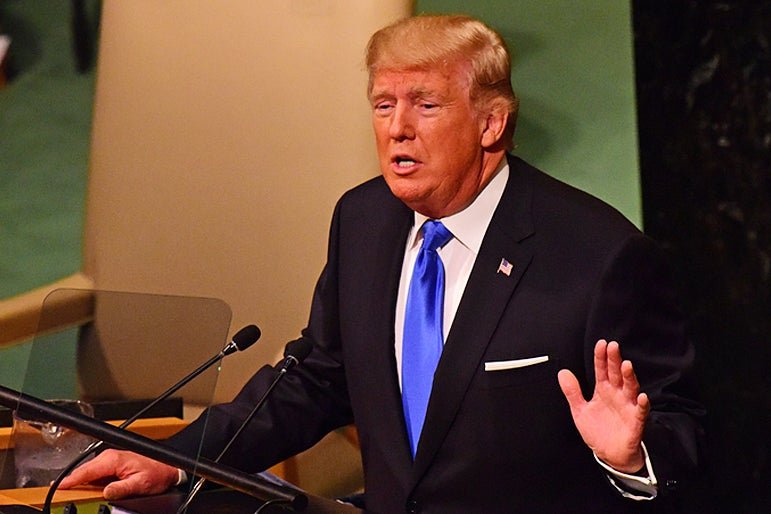Renowned economist Paul Krugman recently took to X, formerly known as Twitter, to criticize blockchain-backed inflation tracking site Truflation for consistently reporting lower inflation numbers compared to the Bureau of Labor Statistics (BLS).
Truflation, known for its real-time daily inflation tracking using advanced metrics, has been indicating inflation rates lower than the government-reported rate of 3.4%, as per a report published in January. This discrepancy in inflation data has raised eyebrows, with Krugman questioning the reliability and accuracy of Truflation’s figures.
The next set of inflation data for February is scheduled to be reported on March 12 by the BLS. Investors and analysts are eagerly awaiting this release to gain insights into the current state of inflation in the economy.
Krugman’s criticism also highlighted the underlying technology behind Truflation, which is blockchain-based. He pointed out that the inflation dashboard, which claims to be unbiased, is backed by individuals from the blockchain community. This connection to blockchain technology, which also underpins cryptocurrencies like Bitcoin and Ethereum, adds another layer of complexity to the inflation tracking debate.
This is not the first time Krugman has spoken out on inflation. In a previous statement, he mentioned that inflation seems to be a thing of the past, indicating a potential shift in economic trends.
Investors are closely monitoring the Federal Open Market Committee Meeting’s minutes, set to be released on Wednesday at 2 p.m. EST. At the January meeting, the Federal Reserve decided to keep interest rates steady within a range of 5.25% to 5.5%. The Fed’s statement acknowledged that inflation had decelerated over the past year but continued to remain elevated.
Overall, Krugman’s criticism of Truflation and the ongoing debate surrounding inflation data highlight the complexities and challenges of tracking economic indicators accurately. As the economy continues to evolve, it is crucial for investors, policymakers, and analysts to have access to reliable and transparent data to make informed decisions.
In conclusion, the intersection of blockchain technology, inflation tracking, and economic policy presents a unique opportunity to explore new ways of understanding and interpreting economic data. As the debate continues, it is essential to consider multiple perspectives and sources of information to gain a comprehensive understanding of the economic landscape.





